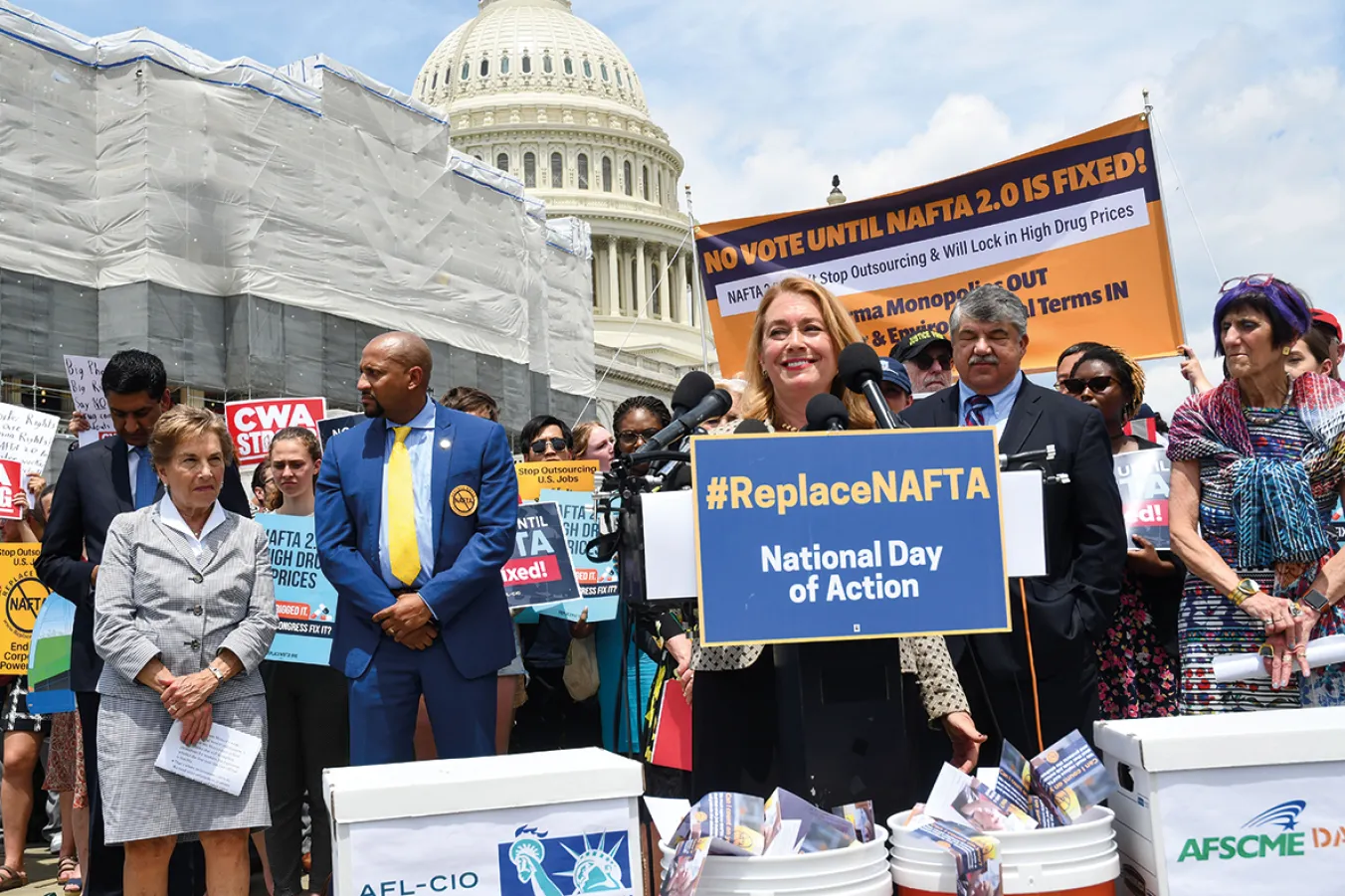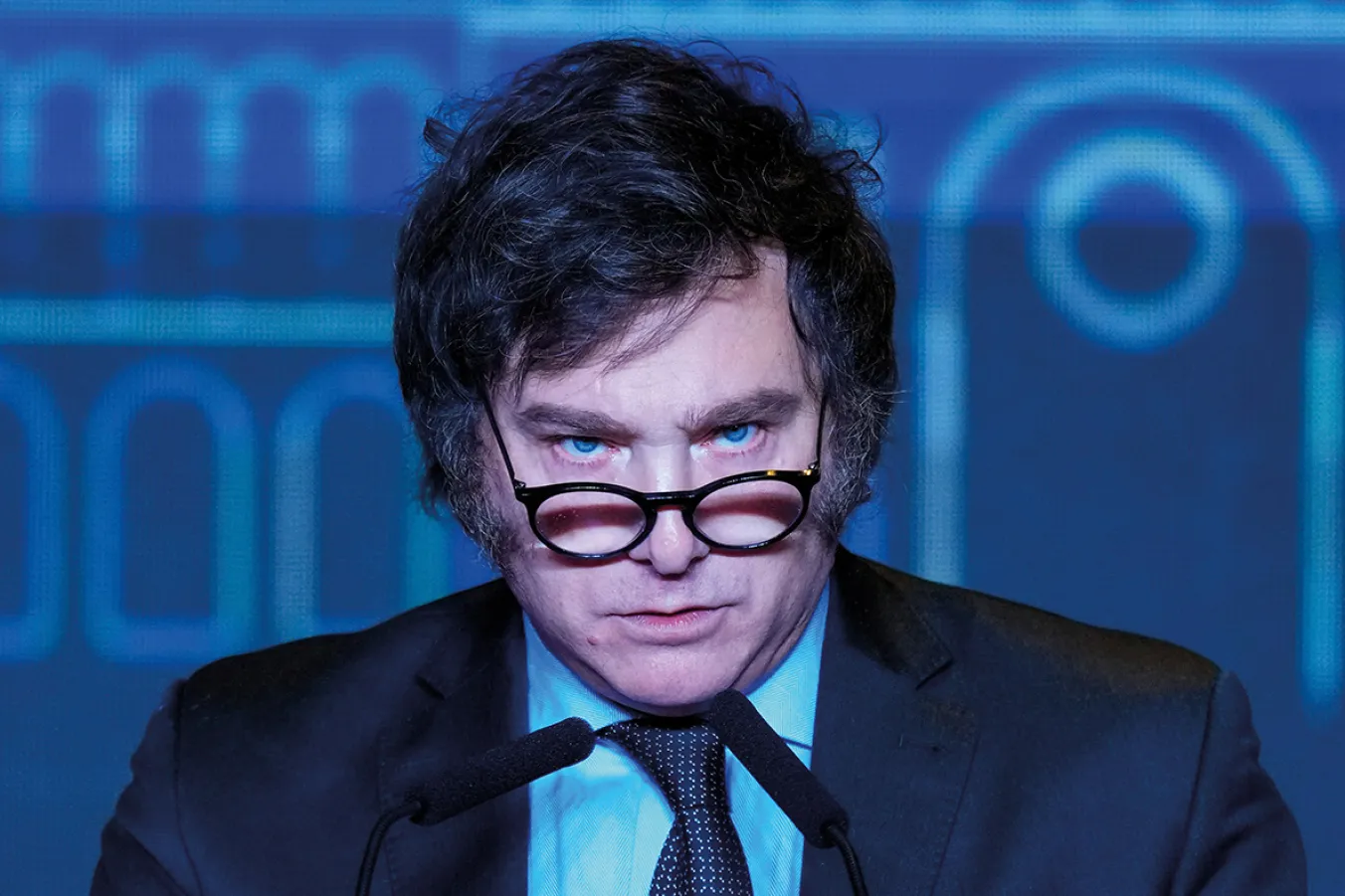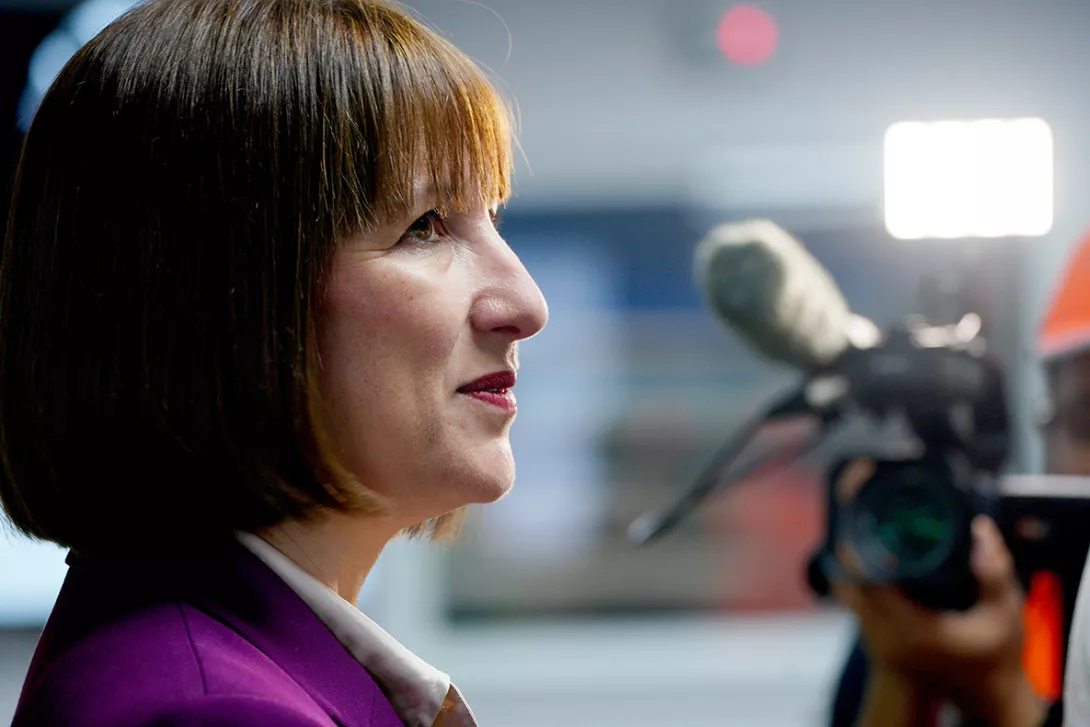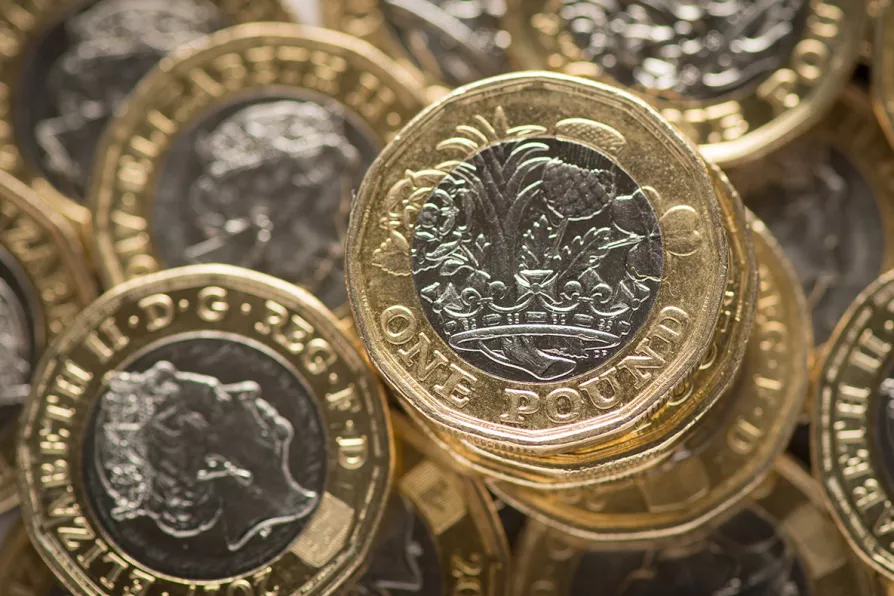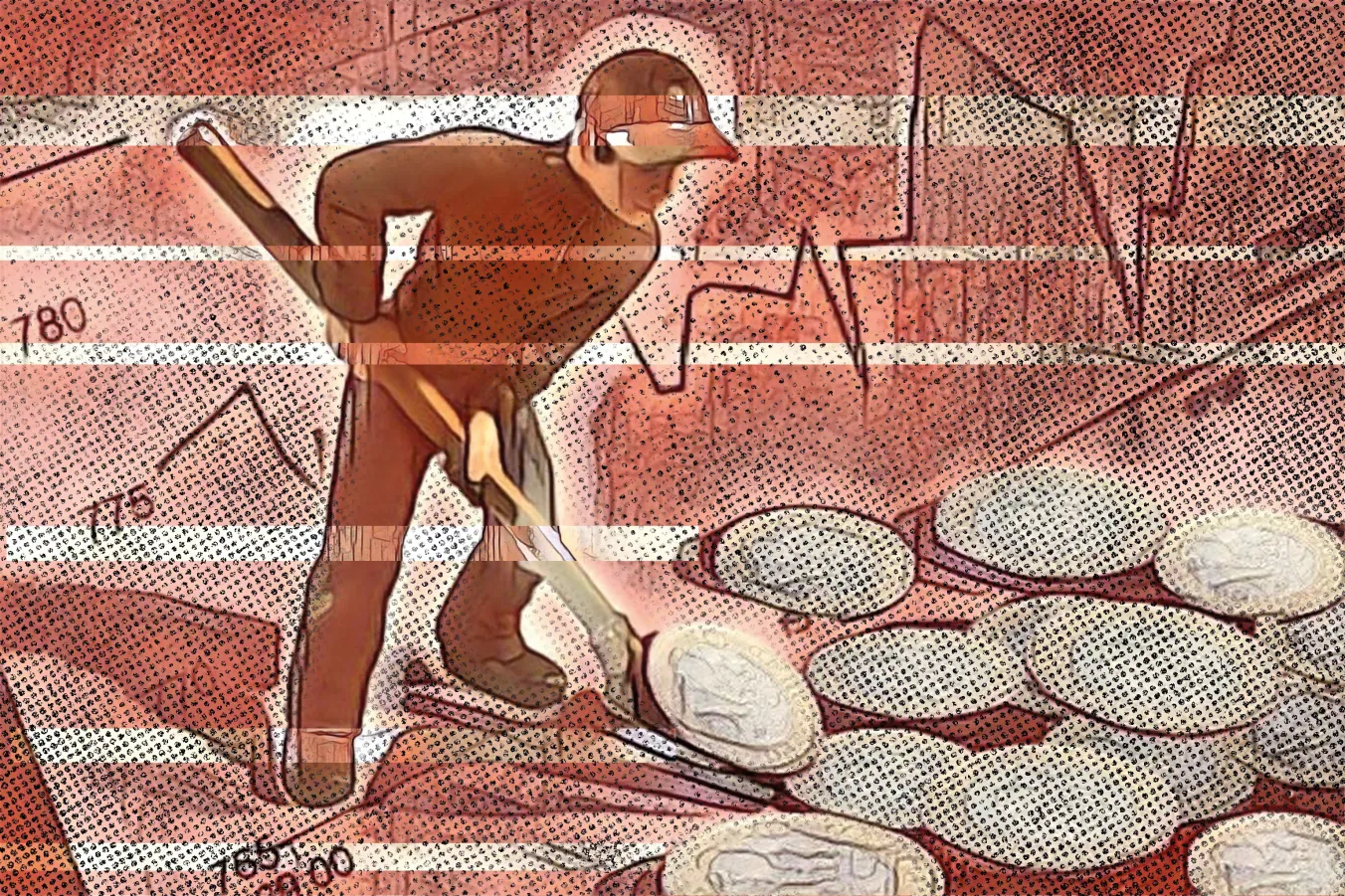
SINCE the second world war, the number one priority for politicians and their economic advisers is the pursuit of growth, which is typically measured by gross domestic product (GDP), a composite index using consumer spending, private investment and government spending to arrive at a figure representing a country’s economic output.
In today’s media and academic circles, economic growth is widely acknowledged as being an unquestioned and essential good, the absence of which leads to recession, which is regarded as being an undesirable economic state.
Indeed, it is one of the few areas where Labour leader Keir Starmer has not committed a U-turn by frequently saying that he and shadow chancellor Rachel Reeves will make economic growth their principal policy aim once elected.
